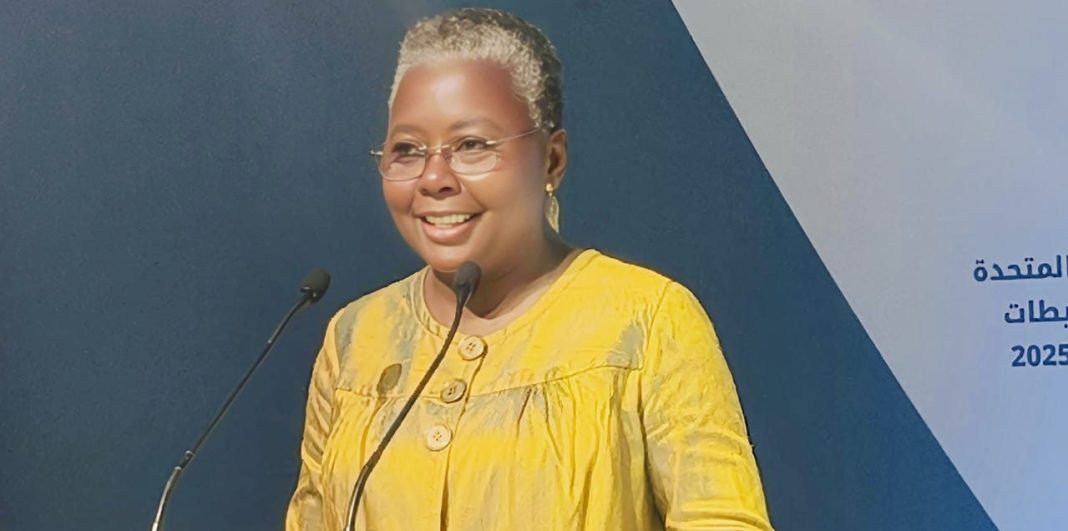By Laudia Sawer
Tema, June 12, GNA – Madam Emelia Arthur, the Minister of Fisheries and Aquaculture (MoFA), has stressed the importance of harmonising scientific approaches with indigenous ecological wisdom for fisheries sustainability.
Madam Arthur, speaking at a side event at the Third United Nations Ocean Conference in Nice, France, called for countries to embrace indigenous wisdom in their management of fisheries resources.
The theme for the side event was “Bridging Conservation Gaps: Integrating Indigenous Practices for Equitable Fisheries in Ghana.”
She said even though the fisheries sector was vital to Ghana’s economy, food security, and identity, it faces immense pressures from overfishing, IUU practices, and climate change.
She added that to bridge the gap between traditional stewardship and formal governance, there was a need to recognise indigenous systems as central to sustainable and equitable outcomes.
The fisheries minister highlighted centuries-old practices like taboo fishing zones, sacred groves, and closed fishing days, practised by Ghanaian fishing communities, as critical tools for conservation that must be formally documented and preserved.
She further said to harness such knowledge, Ghana, through the ministry, was implementing the Co-Management Policy for the Fisheries Sector, including forming Community-Based Fisheries Management Committees (CBFMCs) and strong collaboration with national fisher associations such as the Ghana National Canoe Fishermen Council and the National Fish Processors and Traders Association.
According to her, to show strong political will and national commitment in elevating indigenous knowledge systems in environmental and marine policy and institutionalising the role of traditional knowledge in fisheries governance, President John Dramani Mahama has appointed a fisher as an advisor on indigenous knowledge to the Ministry of Fisheries and Aquaculture.
Madam Arthur called for a new ocean governance paradigm that recognises the ocean as a shared heritage and places indigenous values, leadership, and knowledge at the forefront of conservation efforts.
She said true sustainability was not only about ecological balance but also about social equity and cultural integrity.

Mr Murtala Muhammed, the Minister of Environment, Science and Technology, underscored the importance of blending scientific research with community wisdom to address biodiversity loss, climate threats, and livelihood insecurities.
Mr Mohammed noted that the health of the oceans was inextricably linked to the well-being of the people; therefore, countries must adopt a holistic approach that blends modern science, local innovation, and inclusive governance to build a resilient blue economy.
He reaffirmed Ghana’s commitment to the 30×30 global target, protecting 30 per cent of the ocean by 2030, and called for greater international collaboration, increased investment in ocean science, and support for community-led conservation.
Ghana’s participation in the UN Ocean Conference 2025 affirms the country’s role as a continental leader in fostering inclusive, knowledge-driven, and resilient approaches to ocean and fisheries governance.
GNA
Edited by Kenneth Odeng Adade
